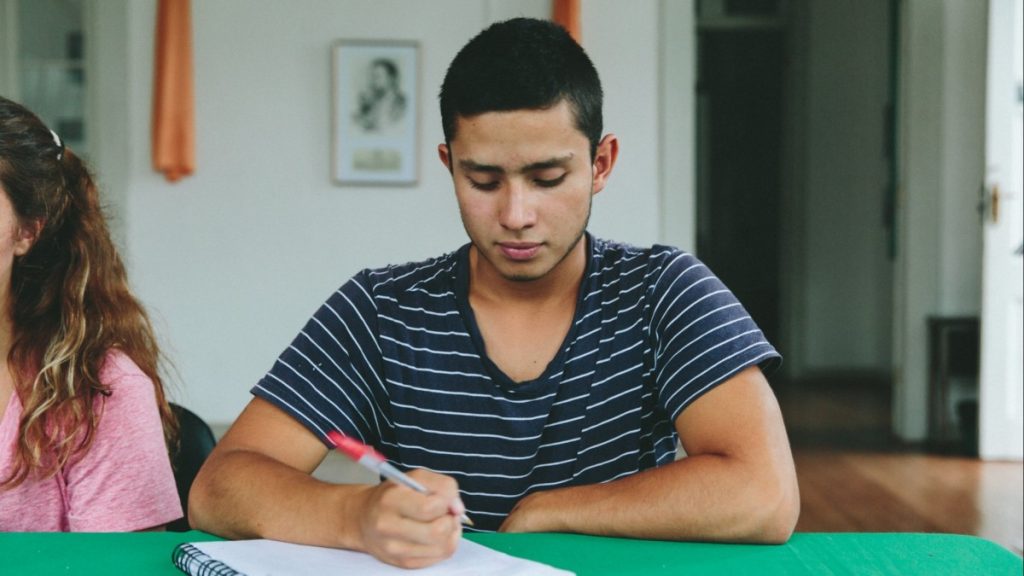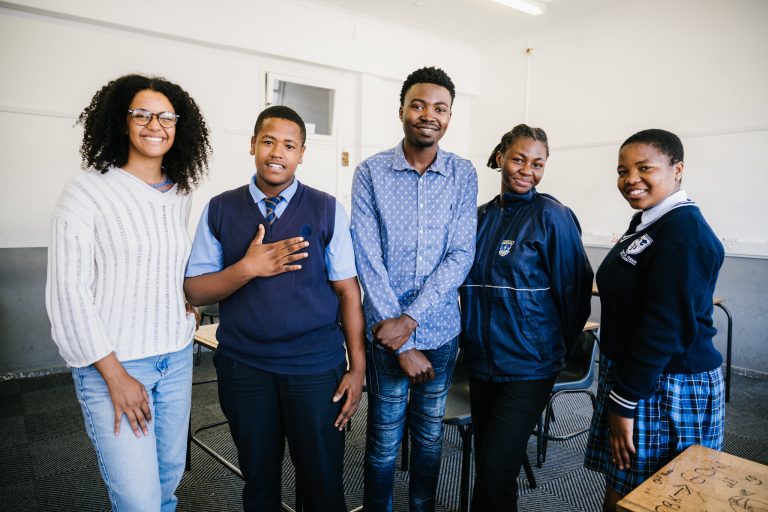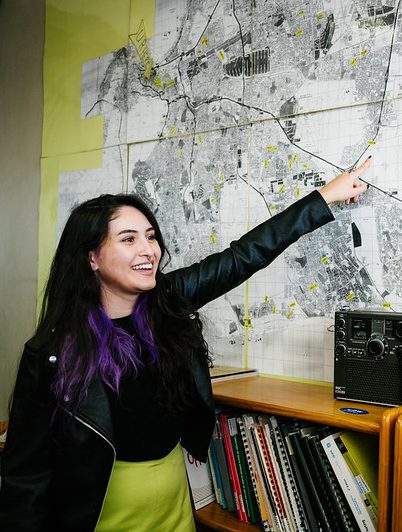RESOURCES
2024-03-13
How Long Does it Take to Learn a Language?
If you dedicate 5 hours a day to learning an easier language, then you would likely have basic fluency in 96 days.
Written by Tilting Futures

Learning A New Language
Learning a new language can be a huge time commitment. How quickly you can converse in a foreign language depends on your approach, the time you spend, and your focused interest in the language. Each of these factors and the method used to learn a language all contribute to how much time it will take to speak a new language.
Becoming fluent in a language will take even more time and commitment than becoming conversational. It may even require you to become immersed in the language by interacting with native speakers and cultures.
The average time to learn a language is 480 hours total. If you dedicate 5 hours a day to learning an easier language, then you would likely have basic fluency in 96 days. Accounting for days off, this means that it will take around 5 months.
Why Should You Learn A New Language?
Learning a new language opens up an entire world of possibilities. There are new cultures to explore, people to connect with, and opportunities to experience. Speaking a second language improves your career marketability and improves your overall communication skills. Becoming bilingual can also improve your memory and even lower your chances of having Alzheimer’s and dementia in the future.
If you’ve ever considered learning a new language, now is the time to start.
Which Language Should You Learn?
There are over 6,000 different languages, and each of them has a different level of difficulty for English learners to pick up. If you are interested in a language that is more difficult though, don’t be discouraged. A huge component of learning a language is having a personal interest in that language or culture. Your desire to learn a specific language will propel you forward throughout your language learning journey.
The FSI, US Foreign Service Institute, divides languages into groups based on how difficult they are for English speakers to learn. The languages in the first group are the easiest and the difficulty increases as the groups progress. Choose a group one language to have a shorter average time to learn a language. Here are various languages characterized by difficulty:
- Group 1: French, German, Indonesian, Italian, Portuguese, Romanian, Spanish, Swahili
- Group 2: Bulgarian, Burmese, Greek, Hindi, Persian, Urdu
- Group 3: Amharic, Cambodian, Czech, Finnish, Hebrew, Hungarian, Lao, Polish, Russian, Serbo-Croatian, Thai, Turkish, Vietnamese
- Group 4: Arabic, Chinese, Japanese, Korean
What are Tips for Language Learning?
Learning a language takes time, but you can speed up the process by being smart about how you learn. Get the most value out of your time spent learning a language by using effective learning methods. How long it takes to be fluent in a language is really determined by your approach and commitment to learning.
- Be consistent: Play out a schedule and stick to it. It’s amazing how much you can forget if you don’t practice for a few days. It’s equally amazing how much progress you can make by regularly practicing a language.
- Listen to the language: When you’re first learning, try to listen to as much of the language as you can. Find shows or podcasts in your target language and play them while washing the dishes, driving to work, walking to class, or working out. This is a great way to get used to the language and begin picking out phrases and patterns.
- Speak with a real person: Have a conversation with somebody who speaks the language. This will help vocabulary and sentence structure stick in your head better. It is also a lot more motivating to speak to a real person than to spit out vocabulary to a computer.
- Spend time in another country: If you really want to jump-start your language learning journey, visit a country that speaks the language you are learning. This will force you to speak your target language and the hands-on experience will propel you forwards at an accelerated pace. You can even do this virtually by chatting with locals online and reading about traditions in that country.

Considering a semester abroad?
See how Take Action Lab could align with your goals.
What are the Levels of Proficiency?
Since learning a language is a big time commitment, you’ll go through many different stages throughout your language learning journey. Knowing what the stages are ahead of time will help you know what to expect and will help you move forward.
The time it takes to learn a language depends on how proficient you want to be in that language. The FSI has created five categories of proficiency to gauge the levels of language learning. Understanding these categories can help you set a goal for what level you want to reach by a specific time.
Elementary Proficiency
You can form basic sentences and answer simple questions. At this stage, you can satisfy travel needs and courtesy requirements.
This is where you’ll ask yourself, “How long does it take to be fluent in a language?” and start daydreaming about what it would be like to hold a conversation with natives of a foreign country. This stage typically lasts about three months.
Limited Working Proficiency
You can speak social phrases and limited work requirements. You have limited ability to converse but a good foundation towards fluency.
At this point, you’re realizing that learning a language is harder than you thought. You’re excited to have perfected vocab and phrases, but you’re still nervous about holding conversations. However, you’ve realized that you need to speak to real people to progress further in your language skills.
Minimal Professional Proficiency
You can make contributions at school, have conversations with friends, and listen to media in a particular language. You can speak the language with accuracy and an advanced vocabulary.
Speaking with others in your target language has paid off and you’re understanding how the language works. You may not have the accent completely right, but you’re excited to be holding conversations in the language you’ve worked so hard to learn.
Full Professional Proficiency
You can have discussions on a wide range of topics. You may make minor mistakes but you can carry on conversations easily.
At this stage, you’ve probably spent time abroad and have made huge bounds with your language skills. Now that you’ve seen how quickly you can grow when pushing yourself, you’re excited to seek out new opportunities to grow your conversation skills.
Native or Bilingual Proficiency
You can speak with proficiency equivalent to a native speaker. This is considered complete fluency.
There are many factors that influence how fast you can learn a language, but you can set yourself up for success by following good study habits. Look into an experience abroad to make a huge step towards fluency in your target language.


